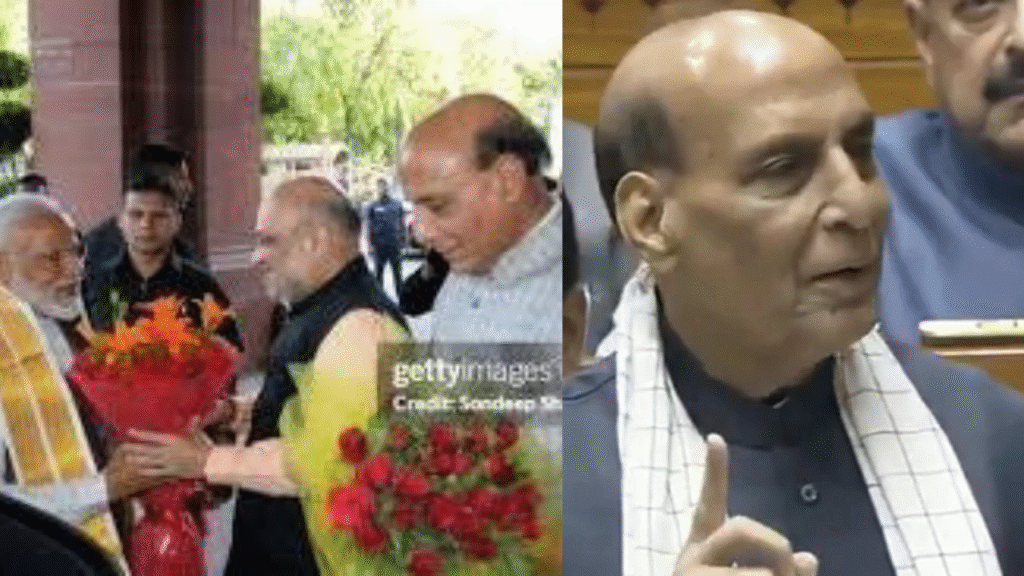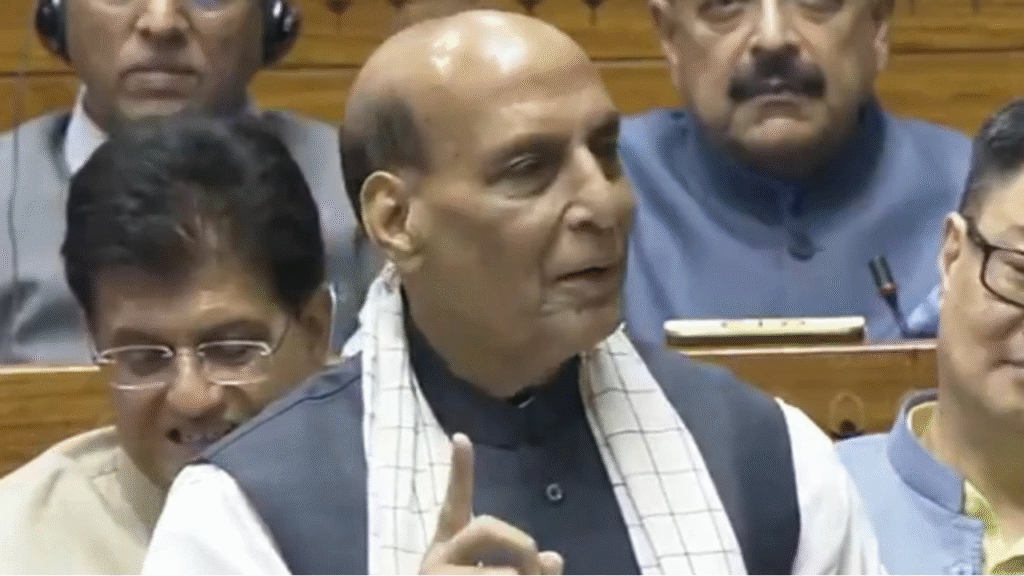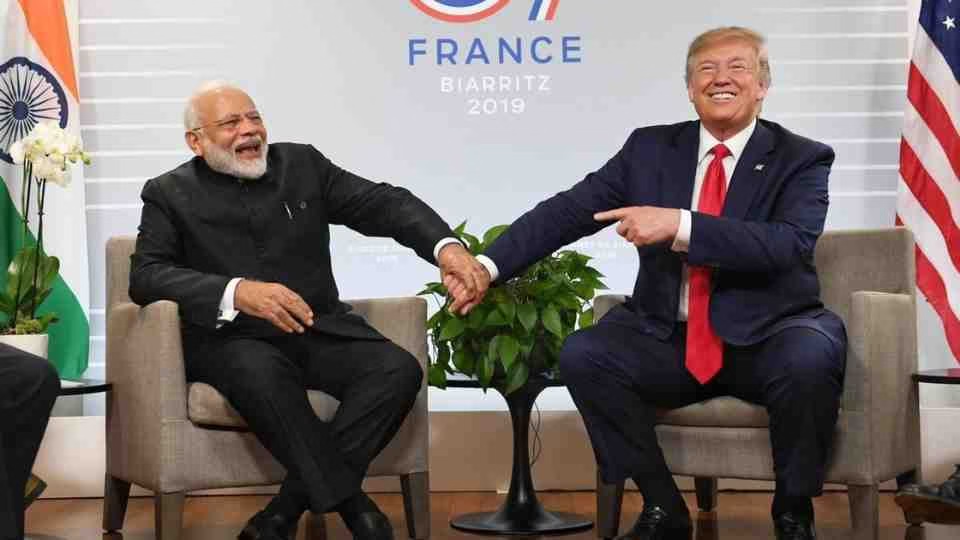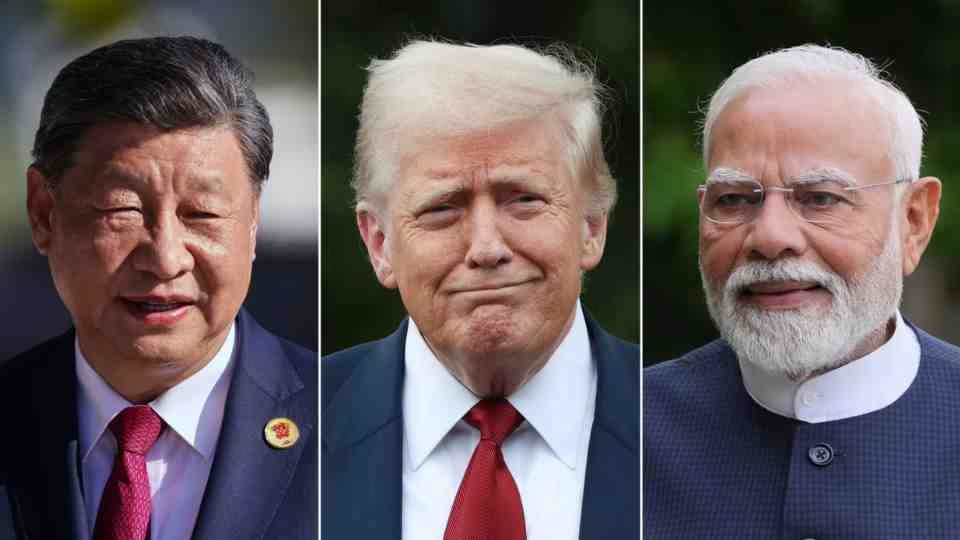India’s defence ministry has strongly refuted assertions by US President Donald Trump that American intervention led to the conclusion of its military confrontation with Pakistan in May. The ministry maintained that India’s decisions were made independently, without yielding to external pressure.
Defence Minister Rajnath Singh addressed parliament during the opening session of a debate concerning the deadly April 22nd terrorist attack in Pahalgam, located in Indian-administered Kashmir. The assault resulted in 26 tourist fatalities and sparked a significant military response.
Following the attack, which India attributed to Pakistan—a charge Pakistan rejected—New Delhi launched “Operation Sindoor,” a comprehensive military campaign against its neighbor. The operation triggered four days of intensive cross-border military engagement between the two nuclear-armed nations.
President Trump has repeatedly asserted that the United States brokered the ceasefire that ended the hostilities, a claim that Indian officials have consistently disputed.
During Monday’s parliamentary session, Singh emphatically stated that suggestions of external pressure influencing India’s military decisions were “completely incorrect and baseless.”

“India concluded its operations because all predetermined political and military objectives had been successfully accomplished,” Singh informed the Lok Sabha, India’s lower house of parliament.
The Defence Minister further revealed that the cessation came following appeals from Pakistan’s Director General of Military Operations, who reportedly “requested relief” from the ongoing strikes. Only after receiving this communication did Indian forces agree to halt their operations, according to Singh. Pakistani officials have not responded to these assertions.
The May escalation marked the most severe military confrontation between the neighboring countries in decades, with casualties mounting during the four-day period before Trump announced the ceasefire agreement.
Singh characterized India’s military objectives as targeting “terror infrastructure that Pakistan has developed over years.” He reported that coordinated strikes lasting 22 minutes targeted nine terrorist facilities across Pakistan and Pakistan-administered Kashmir, resulting in over 100 casualties among “terrorists, their trainers, handlers and associates.”
The operation aimed to “deliver justice to families who lost loved ones in the Pahalgam terrorist attack,” Singh explained.
Opposition parliamentarians raised questions about Pakistan’s claims of shooting down five Indian fighter aircraft and one drone during the conflict. Singh dismissed these assertions, stating that India’s defense systems successfully intercepted all incoming threats and that no Indian military installations sustained damage.
The Defence Minister warned that Indian forces remained prepared to resume military action should Pakistan engage in any further “provocative activities.”
In related developments, the Indian army reported killing three suspected militants in a firefight in Indian-administered Kashmir earlier that day. Indian television networks suggested these individuals may have been connected to the April attack, though officials have not officially confirmed this link.
Previous investigations identified all three perpetrators of the Pahalgam attack as Pakistani nationals affiliated with Lashkar-e-Taiba, a militant organization banned by the United Nations.






